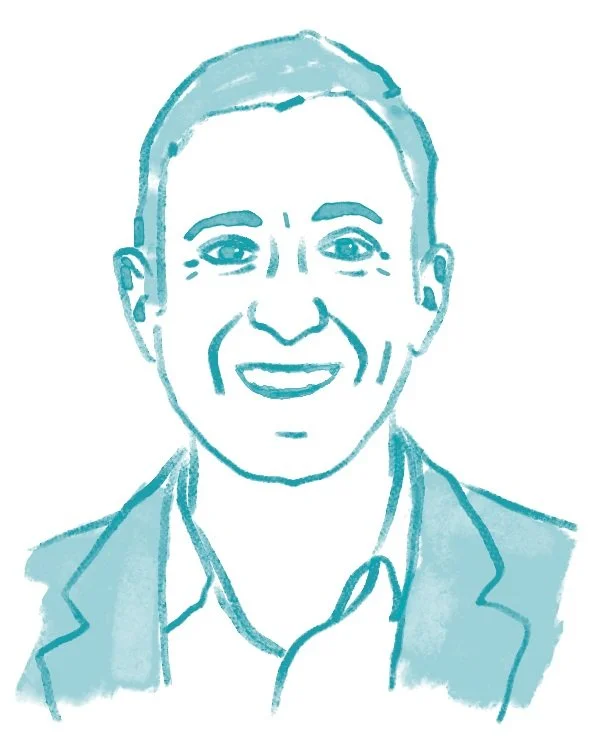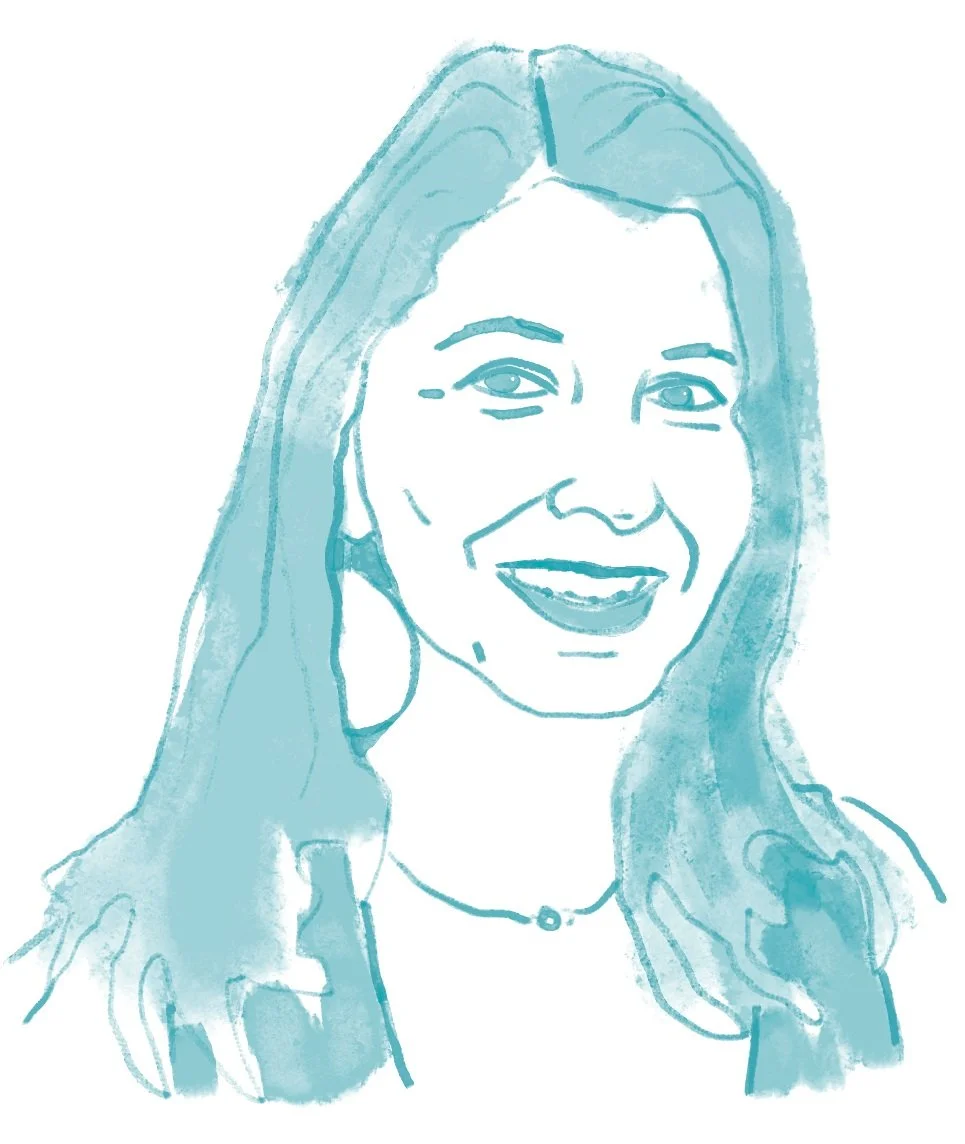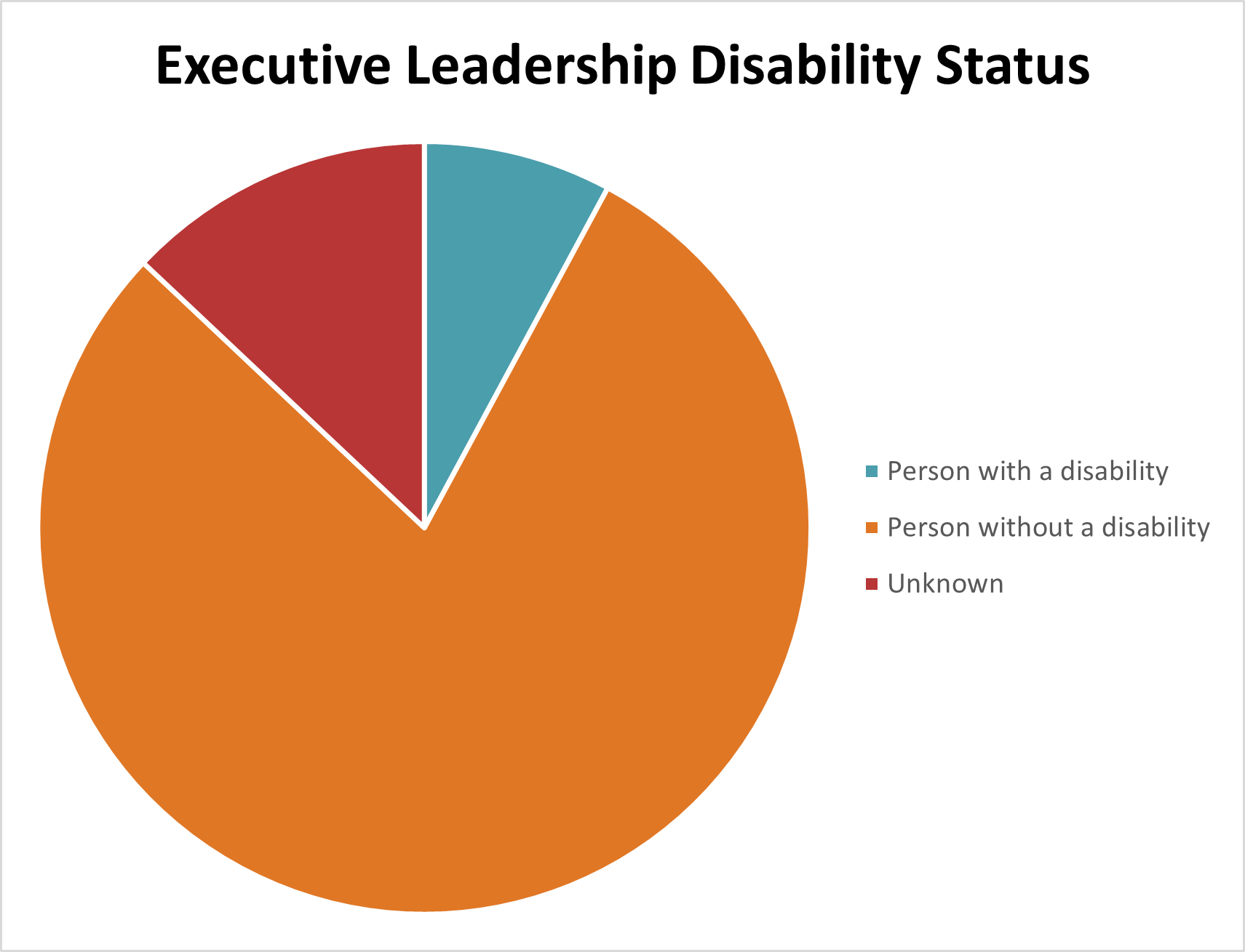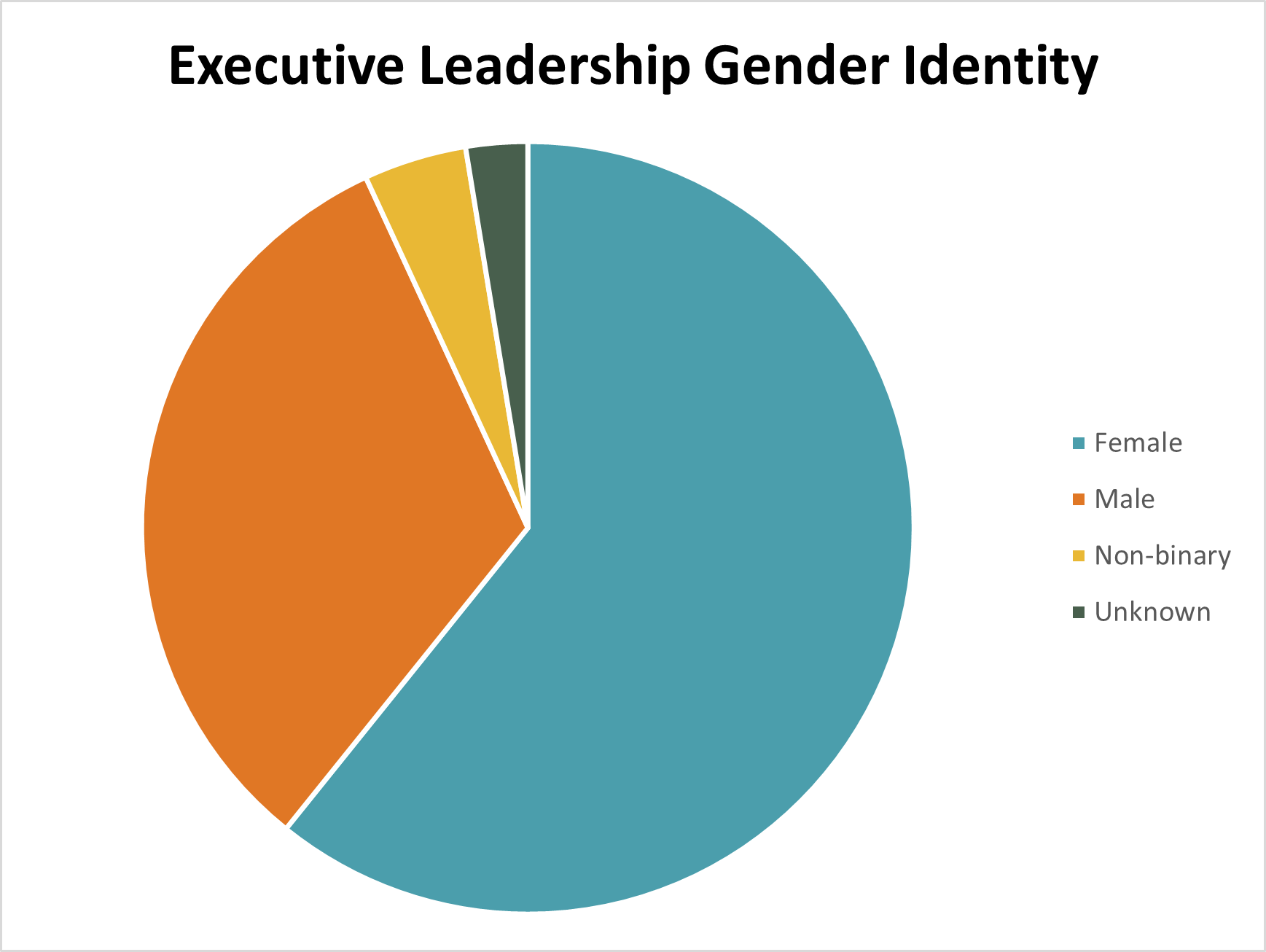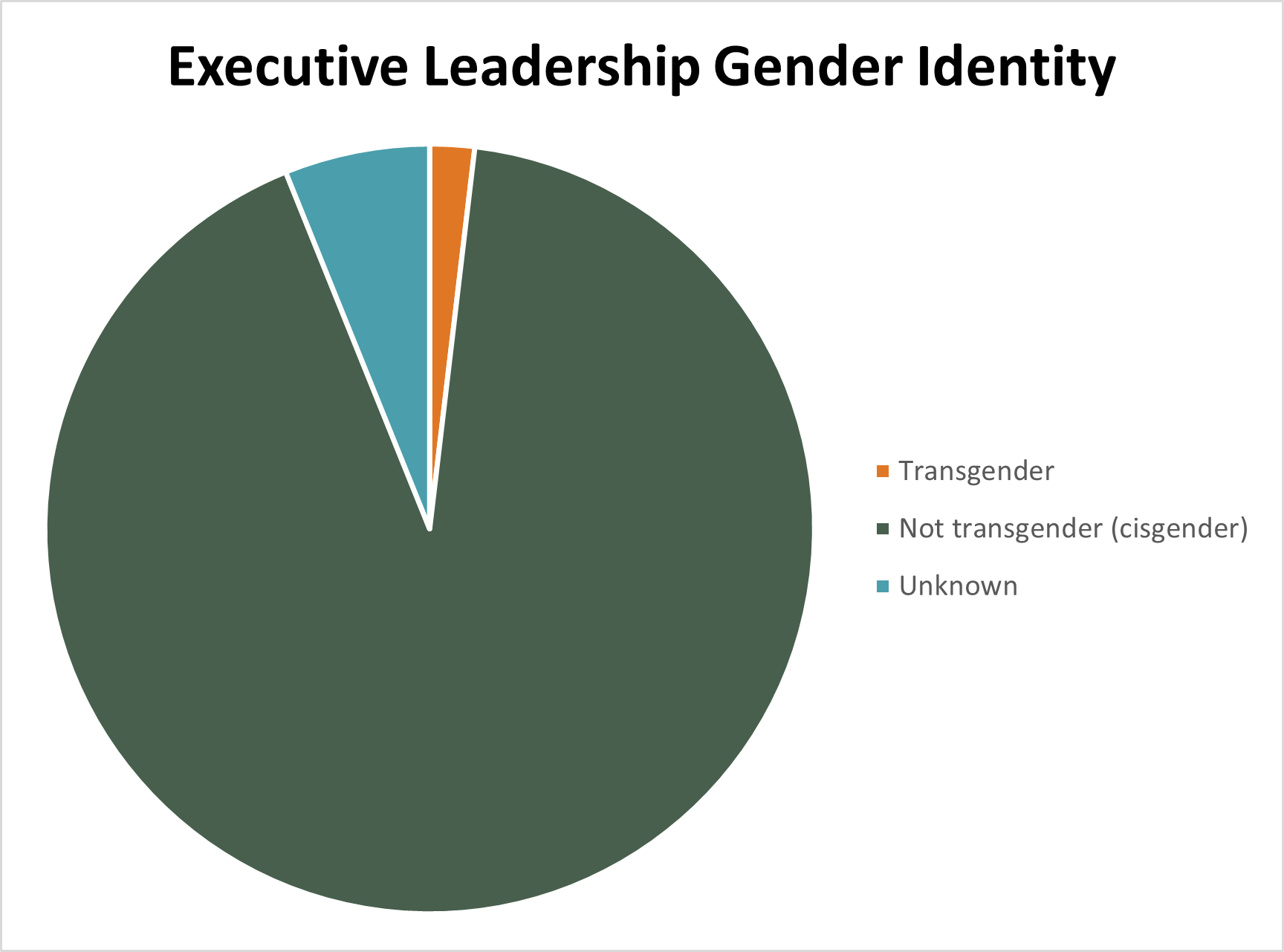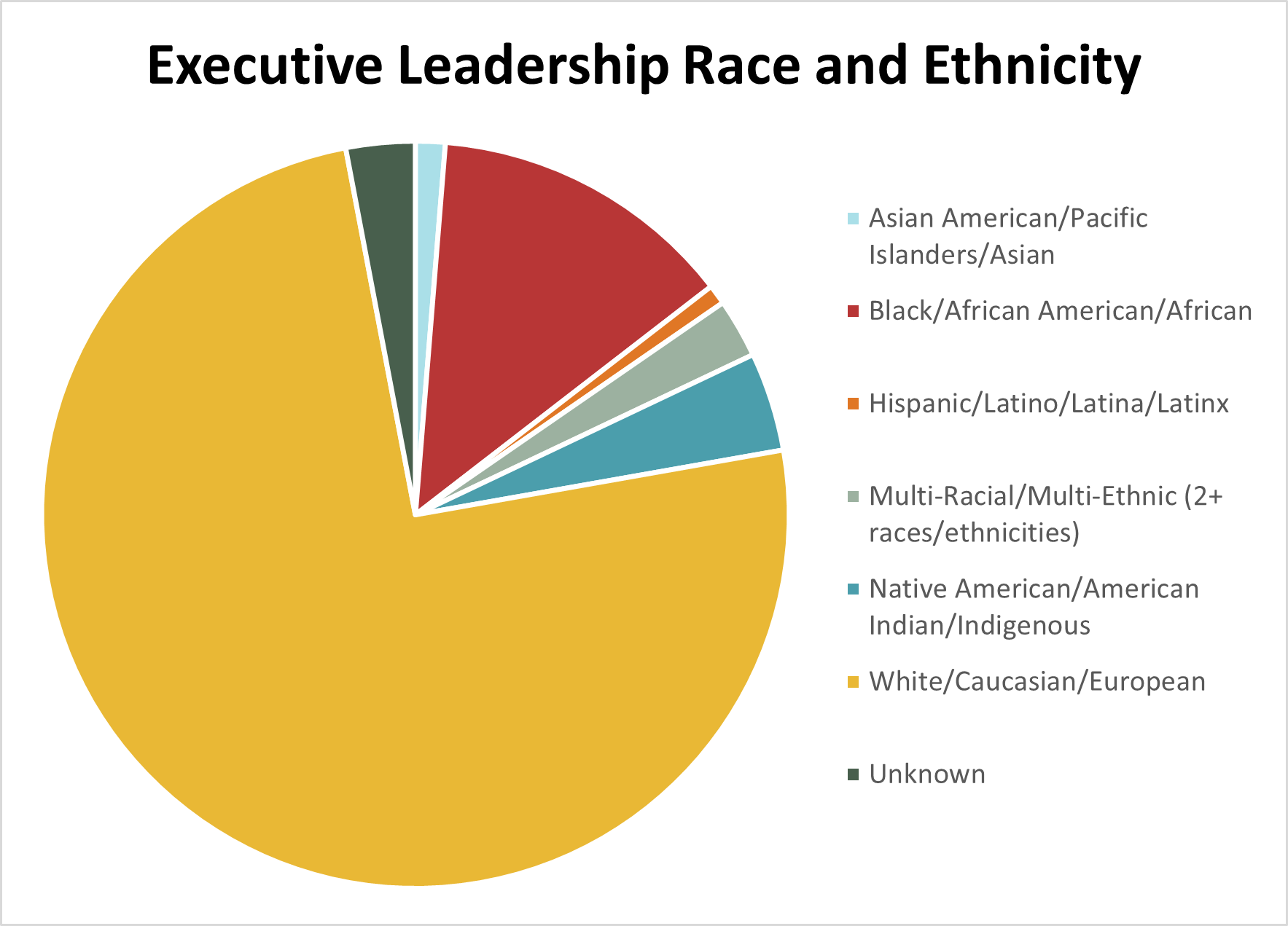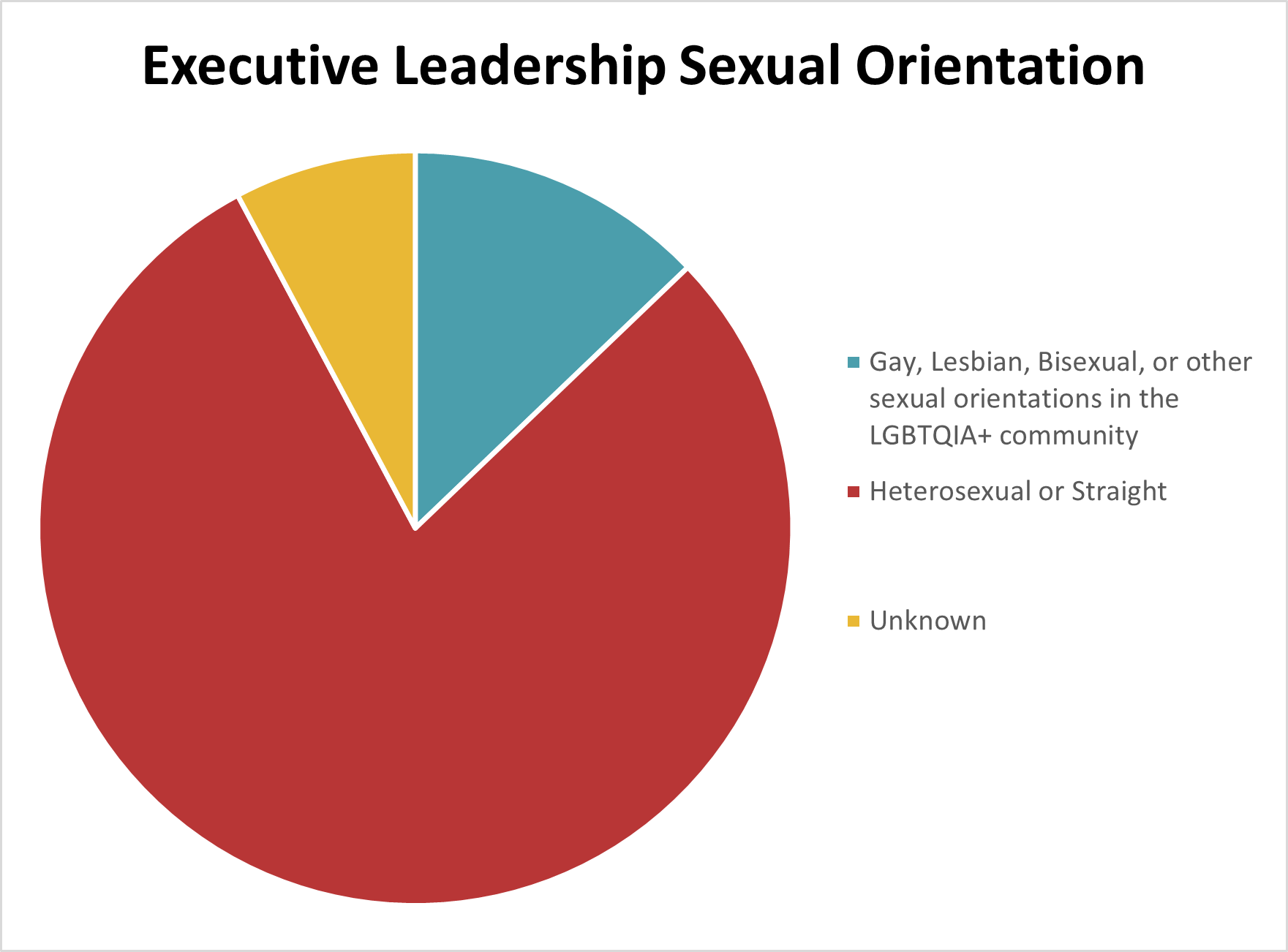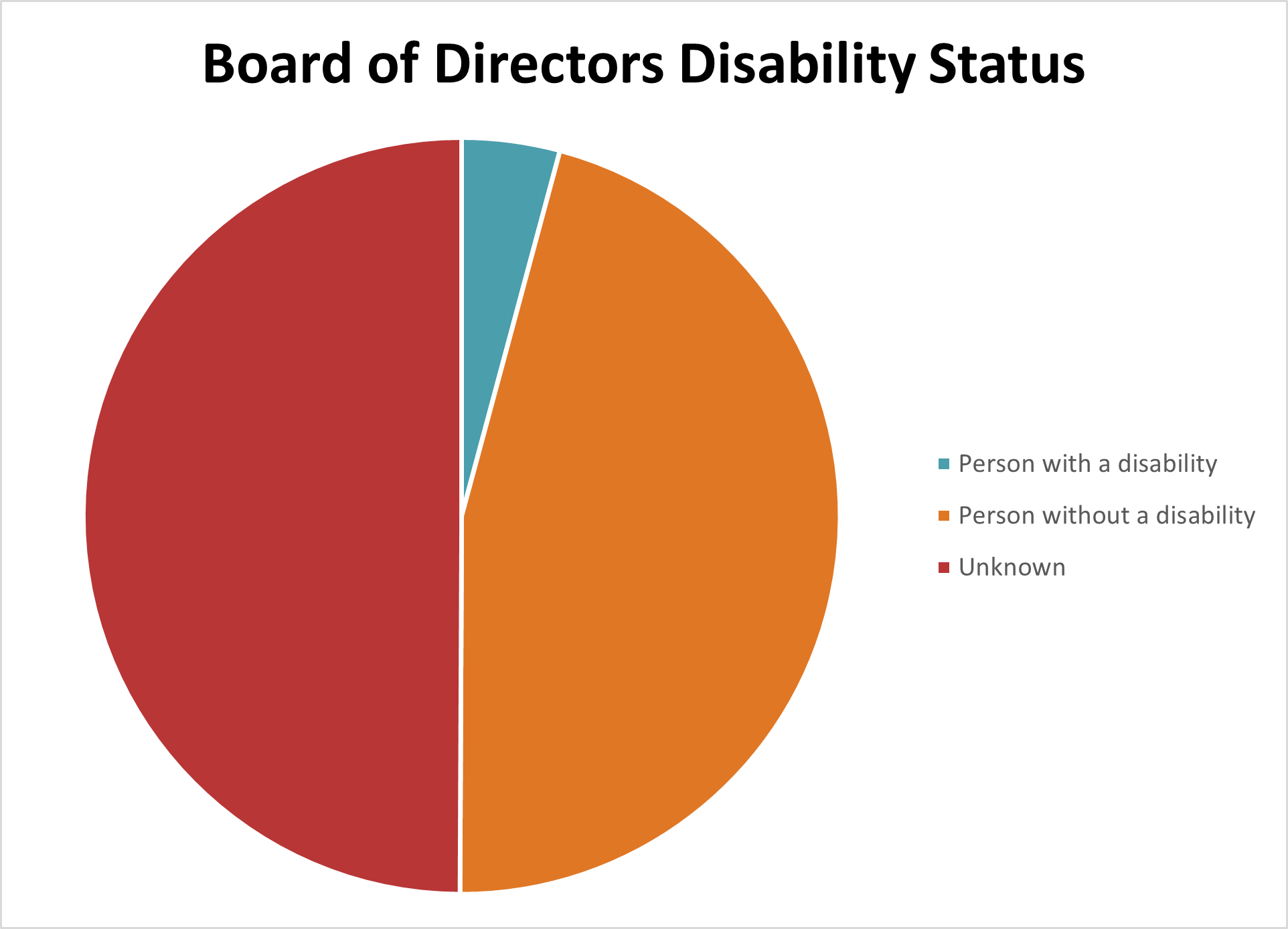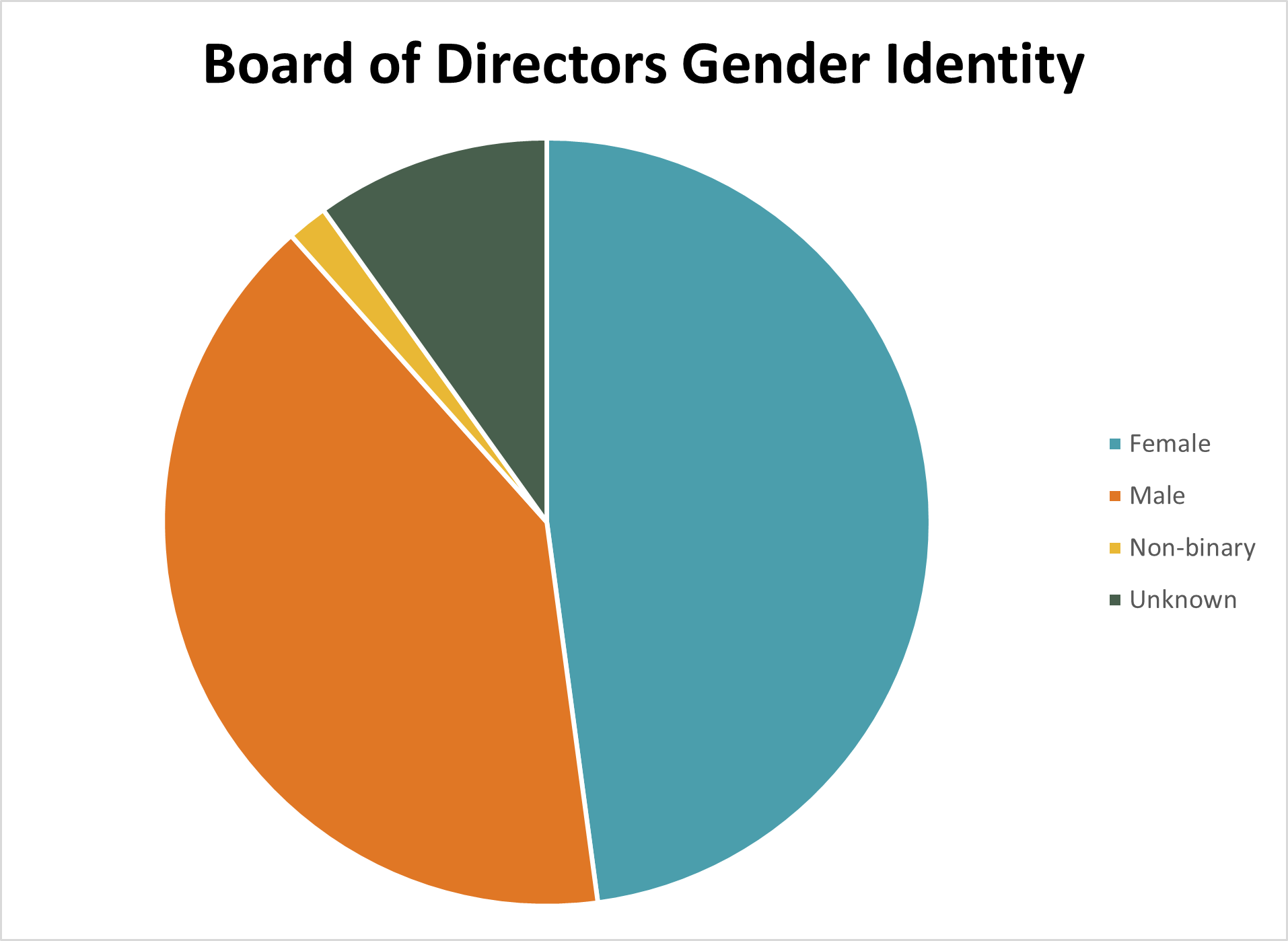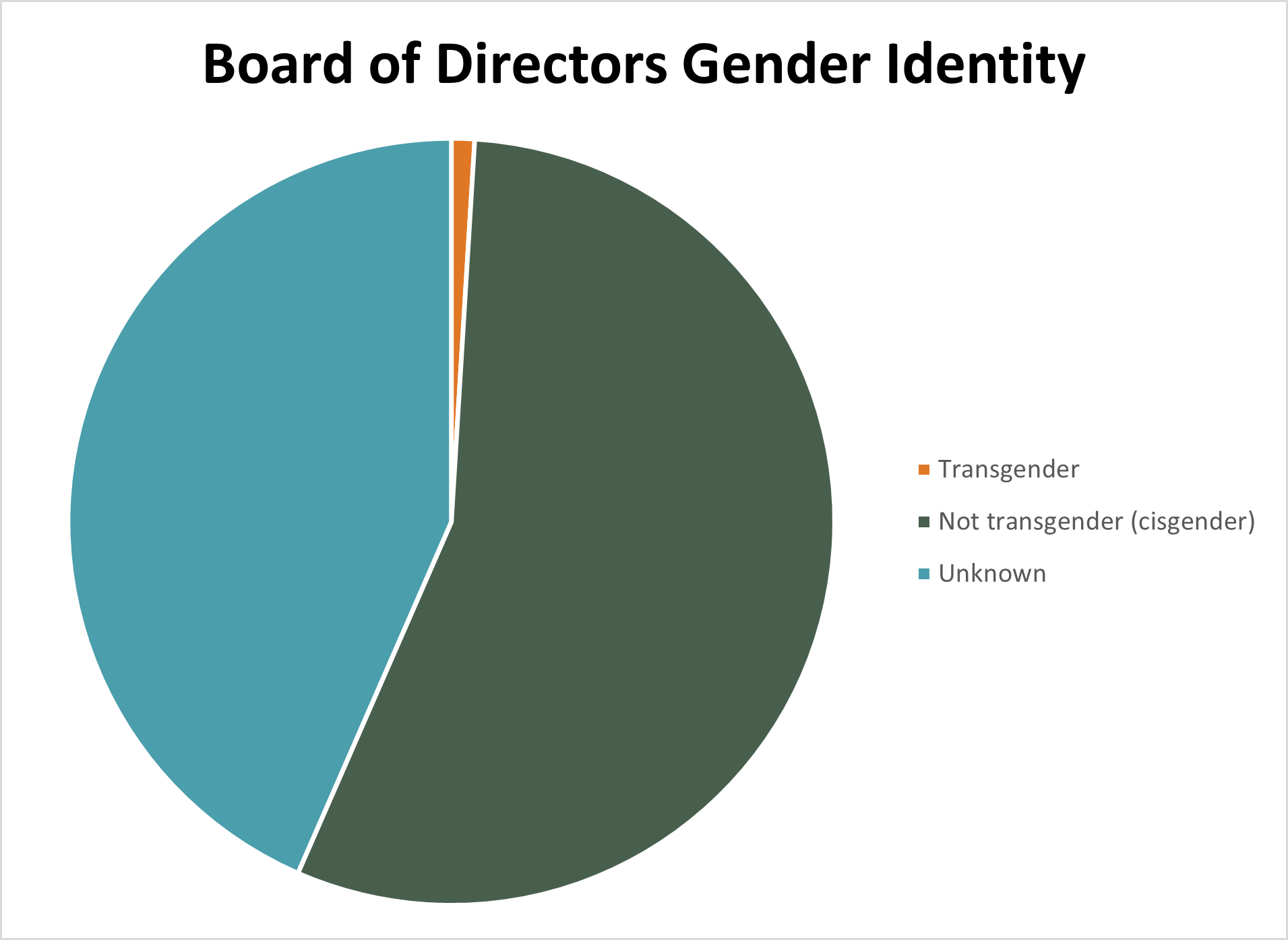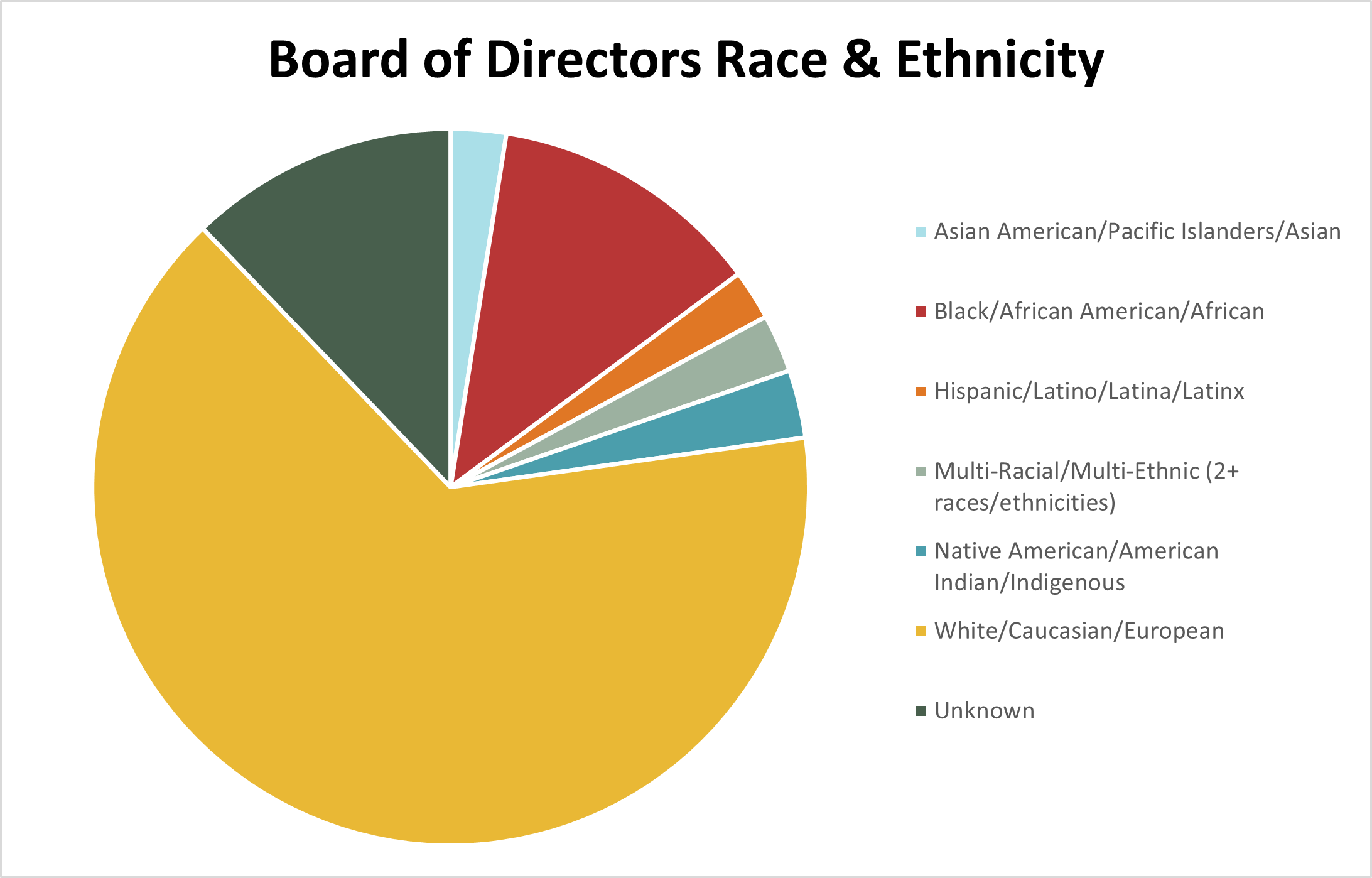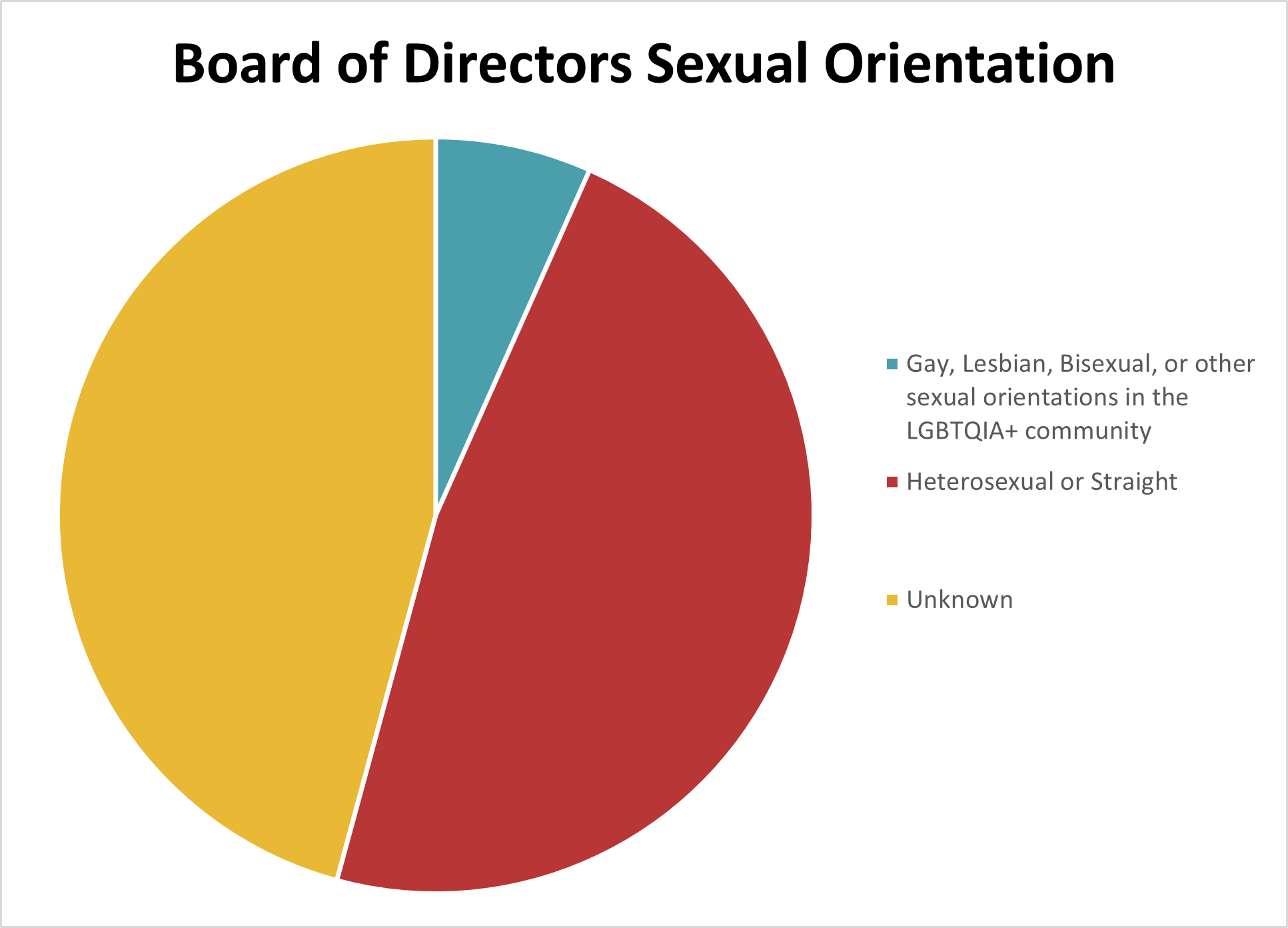Community is at the heart of everything we do. Few conversations happen at Sewall without reference to or inclusion of community. At Sewall, we understand community to mean:
In practice, community includes those most affected by an issue of interest, and we are led by the belief that, if the challenges are in the community, the solutions are also in the community. From our own community of Sewall staff and board members to the communities of grantee partners in each of our program areas, and the communities that our grantee partners represent and serve,
Community is present in all dimensions of our organization and culture, in our staff titles (community partners), the community practices developed by our staff and board, in the commitment to community empowerment in our values, and a recognition that equity is possible only when solutions to structural problems are created in collaboration with the affected communities. We are aware of Sewall’s privileged position in our communities and are committed to working collectively to share power and to being intentional and aware of how we wield our power in service of changing unjust systems.
Community is where we celebrate and experience joy, and where we grieve and hold collective pain. We cannot reflect on 2023 without our hearts aching for the lives lost and the families and communities in mourning because of gun violence in Lewiston in October. We know that with time and a practice of love and solidarity, community is also where healing can happen.
We are grateful for all we’ve learned in 2023, for the opportunities for discomfort and growth, and we look forward to applying those lessons to how we show up and work in 2024 and beyond.
In Community,
Jono Anzalone
Board Chair
M. Gabriela Alcalde, MPH, DrPH
Executive Director
Becoming a Learning Organization
As we more fully engage with our three frameworks of trust-based philanthropy, being a learning organization, and equity, we are discovering how to apply them to build our community and strengthen our organizational culture. In 2023, we focused on developing a shared understanding of the components that guide our work to move our mission forward. Through a series of deep conversations, among staff and with our board, we explored how we connect our values-driven approach to the change we want to see in the world. Asking powerful questions, one of our emergent learning tools, helped us to name assumptions, focus on strategy, and look to the future. Importantly, using this tool to frame what can feel like high stakes conversations, creates an engaging and positive space to explore diverse perspectives and strengthen our connections to one another.
We invite you to read our 2023 Learning and Evaluation Summary Report which highlights a year of grounding and moving from concept to practice, focusing on operationalizing our values, and adjusting staff roles and responsibilities to meet the moment.
We launched the collection of demographic data within our grant applications in 2022, asking applicants to share information about their boards and executive leadership. These fields are completely voluntary and do not impact an organization’s eligibility for funding. 89% of applicant organizations provided information on at least one of the categories in 2023, a 3% increase from last year. We are sharing the aggregate results visually as each question received a different total number of responses. Our intention is to track changes and trends over time, and use this information to hold ourselves accountable to our equity commitments. We believe that we ourselves should do what we ask of others, so we are sharing the demographics of our board and staff on the demographics page of our website.
Applicant Organizations’ Leadership Demographics
2023 Grantmaking at a Glance
In 2023, we approved 233 new grants totaling nearly $12.7M. In addition to making payments on existing multi-year grants, we amended 48 grants, making additional payments in 2023. In total, we made $13.5M in grant payments in 2023. Payments included payments to new grants approved, payments to existing multi-year grants, and grant amendments. View all of our 2023 grants.
Applying what we learned from the pandemic and making adjustments to the new normal for many grantees balancing in-person and remote work, we went paperless in 2023. We moved to electronic payments and email award notification. While the initial set-up was not without its hiccups, going forward this new process will mean that grantee partners will be receiving their grant payments much faster. We also updated our grant agreements, no longer requiring that a signed copy be returned to the foundation for most grants, in an effort to save time and administrative burden for our grantee partners.
Program Areas
All of our work, across program and focus areas, strives to change systems that don’t work and support the creation of systems that are equitable and designed to support a healthy, just, and sustainable Maine for people, animals and the environment. We work with partners to affect the conditions necessary for sustainable change, as we strive to better ourselves, our processes, and how we allocate resources.
Healthy People Healthy Places
Six years ago, we began an assessment and refinements process of our Healthy People Healthy Places program, to help us shift from an approach that was very broad and in need of a clearer focus, to one that is more strategic and equitable. Community-based work in the Katahdin Region, Lewiston-Auburn, Washington County, and Wabanaki Communities and Tribal Governments, is complemented by statewide efforts in Food Systems and Nature-Based Education, as well as statewide policy, climate justice, and narrative change work in the Keystone focus area.
With 2023 being the second year of our three-year grants budget, 44% of Healthy People Healthy Places grant payments went to the second year of funding for multi-year grants approved in 2022. We also made 35 grant amendments, providing additional support to active grants, without overburdening grantees in completing a brand new application.
Photo courtesy of Marpheen Chan, Khmer Maine.
Food Systems
We are committed to supporting a healthy, equitable, and collaborative local food system in Maine. Food systems welcomed the new year with the January convening, Connect, Celebrate, Collaborate. This virtual gathering brought together a robust, multi-sector group to build relationships, learn about one another’s work, and dream of new ways of working together.
From this strong start, Sewall’s 2023 grant cycle saw the approval of grants for general operating, projects, collaborative planning, and collaborative implementation grants. Grantee partners’ work spanned food and land justice and sovereignty; food access and ending hunger; food and farm business development support; fisheries and aquaculture; access to capital and markets; food network development; healthy soils and clean water; and food policy.
Threads of integrative and transformational approaches were strong themes amongst this cohort of grantee partners. For example, Khmer Maine launched a youth food learning and community gardening project and a nutrition and socialization program for Khmer elders. This past summer Khmer Maine distributed produce grown in vegetable beds built by youth to elders in the nutrition class. Contact: Kristina Kalolo
Photo courtesy of Friends of Katahdin Woods and Waters.
Katahdin Region
Inspired by the Katahdin Gazetteer's vision, the Sewall Foundation supports local organizations leading the charge in helping communities transition to a sustainable, natural resources-based future. The spirit of collaboration is strong, with groups like the Katahdin Collaborative and the Working Communities Challenge team engaging partners across the region and turning big ideas into action.
In 2023, the region saw an expansion of recreational trails in the north, thanks to partnerships led by the Outdoor Sports Institute and Friends of Katahdin Woods & Waters. This focus on outdoor recreation aligns perfectly with the Working Communities Challenge's goal of building a thriving outdoor economy. In Patten, the Veterans' Memorial Library is raising funds to rebuild, incorporating a gear hub and community resource center. The Katahdin Higher Education Center complements these efforts by providing workforce training and certifications, ensuring a skilled workforce that is ready to capitalize on the new opportunities. Our Katahdin is also playing a crucial role in cleaning up environmental sites, making the region more attractive to new businesses. With a focus on collaboration, education, and environmental responsibility, the Sewall Foundation is partnering with the Katahdin Region in charting a course for a prosperous future. Contact: Tom Boutureira
Photo courtesy of Maine Trust for Local News
Keystone
Sewall supports organizations working statewide on policy, advocacy, field and movement building, and narrative change efforts as part of its work to build a culture and systems that honor and strengthen the interconnectedness of human, animal, and environmental well-being.
2023 offered unique opportunities to support Maine’s infrastructure for independent media. Local media and the availability of local, independent information has been shown to have meaningful impacts on communities, including savings from policy reform and reduction of pollution. Data shows that the alarming loss of local newspapers (newspapers in the U.S. are closing at the rate of 2.5/week!) fuels political divides while vibrant local news sources bring communities together, increase voter participation, and serve as a tool for accountability. Engaged communities and civic participation at all levels are essential ingredients of democracy – and access to accurate and trusted information is critical.
Sewall was pleased to provide support for the purchase of Mast Head Media – consisting of 5 dailies and 17 weeklies in Maine - by the Trust for Local News, preserving essential community resources and positioning them for growth and transformation. Sewall is also a seed funder to the Maine Independent News Collaborative that formed in 2023 to support the locally owned news ecosystem in Maine. These grants build on ongoing support to several organizations that create and distribute content: Sunlight Media Collective, Amjambo Africa, The Maine News Service, and The Maine Monitor. Contact: Megan Shore
Lewiston-Auburn Reception in June
Lewiston-Auburn
Nonprofit and municipal agencies in Lewiston and Auburn began 2023 by launching an exciting new approach to shared leadership. In January, they worked together to allocate a total of $1,365,000 (including $145,000 that supplemented grants in other Sewall focus areas) to 70 organizations and 15 collaboratives in Lewiston and Auburn. One- and two-year grants were made for work in Equitable Municipal Systems ($260k), Workforce Access and Economic Development ($445k), Community Health and Wellness ($310k), Healthy Affordable Housing (170k), and Healthy Local Food Systems ($180,000). This year marked the midpoint of a three-year pilot process designed to create a culture of collaboration in Lewiston-Auburn, guided by the Lewiston-Auburn Workplan.
In June, we were delighted for the opportunity to burst out of our Zoom squares and host a social gathering in person to celebrate this extraordinary community at Maine Museum of Innovation, Learning and Labor (Maine MILL). Close to 100 participants in the collaboration sessions exchanged laughs and hugs and enjoyed delicious offerings from several Lewiston eateries.
Several of our funding partners attended the quarterly collaboration sessions and continued to explore ways to coordinate efforts to support the work of the community more effectively. The relationships built and hard work of collaboration proved invaluable when the Lewiston-Auburn community faced tragic gun violence that ended 18 lives and wounded countless more in October 2023. The collaborative networks that had formed enabled the community to mobilize quickly and to communicate with funders, who have been convened weekly by Maine Philanthropy Center to plan responses to immediate, mid-term and longer-term needs for healing and recovery. Sewall’s board approved an additional $250,000 for immediate relief in 2023 and pledged up to $750,000 for grants in 2024 for ongoing recovery efforts. We are deeply grateful to them, to Maine’s philanthropic community, and to all the nonprofit and municipal partners who are working tirelessly together to nurture healthy, equitable and sustainable community in Lewiston and Auburn. Contact: Lauress Lawrence
Photo courtesy of the Nature-Based Education Consortium
Nature-Based Education
We support collaborative and organizational initiatives that increase sector-wide capacity, build strong networks that advocate for systemic change, amplify diverse voices and leadership, and ensure equitable outcomes for all Mainers.
The Teach ME Outside coalition completed and published the 2022 Census for Community-Based Outdoor Learning capturing data from 917 in-school and out-of-school educators, administrators, and leaders about the state of environmental learning across Maine. The response rate was nearly double the 2019 baseline survey and the census expanded to include early childhood education providers as well.
Maine’s first-ever Outdoor Equity Fund awarded $300,000 to organizations that address historic disparities by increasing outdoor access, learning, and experiences for Black, Indigenous, and People of Color. This new grantmaking fund was created by the Nature Based Education Consortium (NBEC) and is implemented as a partnership between NBEC and Maine Initiatives. The Outdoor Equity Fund’s inaugural cohort of grantees includes ten organizations whose work focuses on issues ranging from Indigenous land stewardship, food and storytelling, surf and water access for women, immigrant health and well-being, and so much more.
The Wabanaki studies curriculum for kindergarten, first, third and seventh grades are complete and in use in Portland Public School classrooms this year. The Wabanaki curriculum for all other grades except sixth and 12th will be launched in the 2024-25 school year.
Indigo Arts Alliance cultivated the first “Deconstructing the Boundaries: A Future of Land and Food Resilience” symposium in a multi-year collaboration with Coastal Maine Botanical Gardens. Multidisciplinary artists, cultural workers, and members of the local, national, and global community met to discuss how Black and Brown communities have always held spiritual, traditional, and cultural relationships to the land. Contact: Tom Boutureira
Wabanaki Communities and Tribal Governments Gathering, September 2023, morning session.
Wabanaki Communities and Tribal Governments
In 2023, we co-hosted our second in-person Wabanaki grantee convening, in partnership with Wabanaki REACH. We gathered in the unceded Wabanaki territory now known as Bangor, and shared time, space, and food with grantee partners from Wabanaki communities and tribal governments. Based on feedback we received at our 2022 convening, we invited peer funders to attend the convening to share a meal, build relationships, and participate in conversations about community priorities with Wabanaki community leaders. The highlights from those conversations are shared in this report.
Sewall has significantly grown the resources we invest in Wabanaki communities and tribal governments to over $1.4 million in 2023, a significant increase from $325,000 in 2019. We continued making payments on multi-year grants to all 5 tribal governments, river restoration projects, an Indigenous-led land trust, cultural and language work, and general operating support to Wabanaki community-led organizations and projects.
Recognizing that equity acknowledges the history of colonization that to this day impedes Wabanaki nations from full self-determination and sovereignty, Sewall seeks to repair harm through participation in First Light Learning Journey and in the self-determination fund solidarity deposit. We invite you to learn about Wabanaki history and current day communities and to endeavor to become good partners to our Wabanaki relations. You can read Sewall’s letter of commitment to being a First Light Community Organization. Contact: Sonya LaCoute-Dana
Milbridge Elementary Planting Day at Incredible Edible gardens. Photo courtesy of Women for Healthy Rural Living.
Washington County
Washington County's remoteness fosters a unique strength: a collaborative spirit. The Sewall Foundation fuels this fire, supporting leaders to braid a strong social fabric. Here, shared goals are prioritized, and challenges are tackled as one community.
2023 marked a year of significant progress. The Greater East Grand Economic Council, under new leadership, is spearheading regional broadband and community initiatives in the north. Meanwhile, the Sunrise County Economic Council seamlessly assumed regional planning duties, ensuring continued support for all communities.
Looking to the future, Mano en Mano's expansion of "Rayitos del Sol" daycare promises bilingual childcare and a brighter future for working families. The Washington County Recovery Friendly Workplace Network champions inclusivity, guaranteeing those most impacted with a voice in building a strong workforce. Furthermore, fisheries initiatives are increasingly aligning with Wabanaki priorities, paving the way for a more equitable future.
Organizations like the Cobscook Institute, the Downeast Rainbow Alliance, and Women for Healthy Rural Living continue to weave a tapestry of inclusivity. As Washington County charts its resilient path forward, all voices are not only heard, but increasingly valued. Contact: Tom Boutureira
Animal Welfare
Across the state, animal welfare organizations play an important role in communities and the network of social services. They provide a variety of programming and supports, such as pet food pantries, programs connecting seniors and others at risk of social isolation with the companionship of animals, a proven strategy to reduce the negative health effects of anxiety and isolation. Through partnerships with corrections departments, grantee partners are providing pathways to employment for incarcerated individuals. Many provide temporary shelter and other support for pets and their people.
A partnership between Safe Voices, RedRover, Greater Androscoggin Humane Society, and Mission Working dogs illustrates the interconnectedness of Sewall’s work. Nationally, 70% of domestic violence survivors report that abusers threatened, abused, or killed family pets as a means of exerting control. Safe Voices , the domestic violence resource center serving Franklin, Oxford, and Androscoggin counties (funded via Sewall’s Lewiston-Auburn focus area) saw first-hand the impact that separation from and fear for pet safety had on those they serve. Safe Voices reached out to RedRover – a nonprofit organization that works nationally to bring animals and people from crisis to care, and who has long been supported through Sewall’s Legacy program – for guidance on making their domestic violence shelters pet-friendly.
The Greater Androscoggin Humane Society provides much needed healthcare for these pets and extends their network to find foster care for animals not able to stay at the Safe Voices shelter. Mission Working Dogs’ service and therapy dogs – both in training and graduates –provide stress reduction, comfort, and joy. (Greater Androscoggin Humane Society and Mission Working Dogs are supported through Sewall’s Animal Welfare program.)
Together, these groups are working to ensure safety for people and their non-human family members throughout Maine and working to make Maine the first state in the nation where domestic violence survivors can find safety for themselves and their animals. Contact: Amie Hutchison
Photo courtesy of Red Rover
Photo courtesy of Red Rover
Legacy
Student Conservation Association in Acadia National Park
Legacy Grants provide funding to organizations that were of special interest to our founder, Elmina B. Sewall. These grants honor Mrs. Sewall’s lifetime of philanthropy by supporting a small number of organizations with whom she had personal relationships and strong affinity. In 2023, Legacy grants totaling $689,000 over three years were made to 10 organizations. Included in this amount is a $59,000 grant to the Portland Museum of Art to support the Museum’s campus unification project, which centers Sewall-aligned values of diversity, equity, accessibility, inclusion, and sustainability, and is being designed and implemented in partnership with leaders from Wabanaki communities. In addition to grant making, Sewall staff was invited by the Student Conservation Association to visit a team of their interns from New York City working on conservation projects at Acadia National Park this summer. It was great to experience the excitement of the team as they worked together to help steward the beautiful coastal park Downeast. Contact: Amie Hutchison
Rapid Response Fund
In 2023, we shifted the Rapid Response Fund to a two-step rolling application process to allow for greater flexibility and responsiveness in providing support for emergency and time-sensitive needs. This new process allows the Foundation to respond to applicants and disburse needed funds more quickly, providing a decision within two weeks of receiving an application. Grants ranged in size from $2,500 to $25,000, with most at the $10,000 level. A number of the projects addressed the continued impacts of inflation including increased demand for services along with the rising cost of food, fuel, and pet supplies. Providing critical services and supports for asylum seekers was another area where we saw an increase in need. Contact: Lisa Smith
Capacity Support and Field Building
At Sewall, we engage in community-building and advancing change through capacity building and networking activities. In 2023, we supported several learning cohorts including the Leaders of Color Program hosted by the Maine Community Foundation, and EcologyShifts – a learning community focused on justice in the environmental sector – that was co-created and hosted by Sewall in its inaugural year. Our community of nonprofit partners also have access to a broad set of technical assistance supports through the capacity building platform, Catchafire, to which Sewall provides access as part of our support beyond the grant check.
Sewall staff use networking and board service as vehicles for building community and strengthening conditions necessary for transformative change. From Maine-based funder groups such as the Grants Managers Network, Downeast Funders Network, Food Funders Network, Funders for Indigenous Communities, and Climate & Environmental Funders Network to national entities such as Trust-based Philanthropy Project, and Grantmakers for Effective Organizations, Sewall staff continuously work to build community and strengthen the philanthropic sector. Staff serve as advisors, board members, and participants in cross-sector groups working to address issues and create opportunity across the state including Maine Connectivity Authority and the Working Communities Challenge.
These varied approaches to capacity building support and strengthen community through the relationships and understanding that is developed and deepened.
Snapshot of Portfolio
We ended the year with an estimated $170 million in total assets, an approximately $4.5 million increase from year-end 2022, driven by portfolio returns of 13%. Total outflows for grantmaking, operations, and non-grant program activities were over $16 million (approximately 9.5% of year-end asset value).
In 2023, we continued progress toward our recently set goal of achieving 100% values-alignment across our entire portfolio of assets by 2028. At Sewall, we view investing on a continuum, from traditional investment that is focused on maximizing financial returns without consideration of values or impact on people, animals, and the environment through to investments that sacrifice or forgo financial returns in favor of generating positive outcomes. As of year-end 2023, over 20% of our portfolio had reached some level of values-alignment.
Toward the most mission-aligned end of that investing continuum is our commitment to deploy at least $18 million of impact investments to support the Foundation’s mission in Maine. As of year-end we had outstanding commitments for impact investments totaling over $7.6MM, of which approximately $3.8MM was closed and funded. In 2023 we invested $2MM across 3 investments, including:
A $250,000 loan to The Ecology School to fund the acquisition of a farmhouse and land adjacent to their Riverbend Farm campus in Saco. The farmhouse will provide much-needed staff housing and the overall property contributes to the organization’s Agroecology for Resilient Communities Project which addresses climate change, food systems challenges, and local economic development through immersive community-based education.
A $1 million convertible note investment in Atlantic Sea Farms to fund their continued growth. The company produces kelp-based frozen, fermented, and raw ingredient products with a mission to develop a U.S. seaweed industry that improves the health of customers, the planet, and coastal economies in direct partnership with Maine fishermen.
We continue to explore new opportunities to deploy our commitment to impact investments in projects or businesses in Maine that are aligned with Sewall’s mission and values. If you’re working on or aware of initiatives seeking investment, please contact Thomas Mitchell, Sewall’s Finance and Community Investment Partner.
Who We Are
Our commitment to community starts with the recognition that our board and staff are the core of our Sewall community. Together, our board and staff form an intentional community committed to a values-based culture that recognizes that the people in our organization are the most valuable resource in moving our mission forward. Our work is made stronger, bolder, and more creative by the deep, diverse experiences, perspectives, and identities that our board and staff bring to the Sewall community.
As the governance body for the Foundation, the board guides and supports our work, champions our mission and values, provides strategic leadership, and serves in an equity-informed fiduciary role. In 2023, our board also worked through committees focused on governance, equity, and values-aligned investments. At the end of 2023, our board member, and immediate past board chair, Betsy Biemann, stepped off the board after 12 years of service. We are grateful for the continuing vision, stewardship, and guidance of all board members along this values-driven, ongoing learning journey. Read more about our board.
Staff (missing Thomas who was on paternity leave) enjoying a meal together to welcome Kristina Kalolo and say farewell to Jonah Fertig-Burd.
In 2023, we conducted an internal staffing assessment to better understand the current capacity needs of the Sewall Foundation to fulfill our mission, respond to community priorities, and more completely bring our full suite of tools and strategies to the work. This informed a staffing plan that we are implementing in 2024 to better support Sewall’s work, more fully bring to bear our team’s diverse skillsets, and to continue to improve how we translate our values into action. Working in a deeply relational way requires lots of staff time. The assessment identified the need for two additional community partners to allow us to fully support and resource our work. We will be hiring for these positions in 2024. In October we welcomed Kristina Kalolo as our new Food Systems Community Partner. Read more about our staff team.
About the Sewall Foundation
At the Elmina B. Sewall Foundation, we believe that the health and well-being of people, animals and the environment are inextricably linked, and we seek to create a Maine where all thrive. With an equity-first approach to everything we do, we build mutual, trust-based partnerships spanning socioeconomic, cultural, and geographic boundaries. We connect organizations to each other and the resources they need, amplify their voices, and make sure they have a say in decision making. Together with our partners we’re expanding access to power, righting historical wrongs and strengthening communities for a just, healthy and sustainable future.





